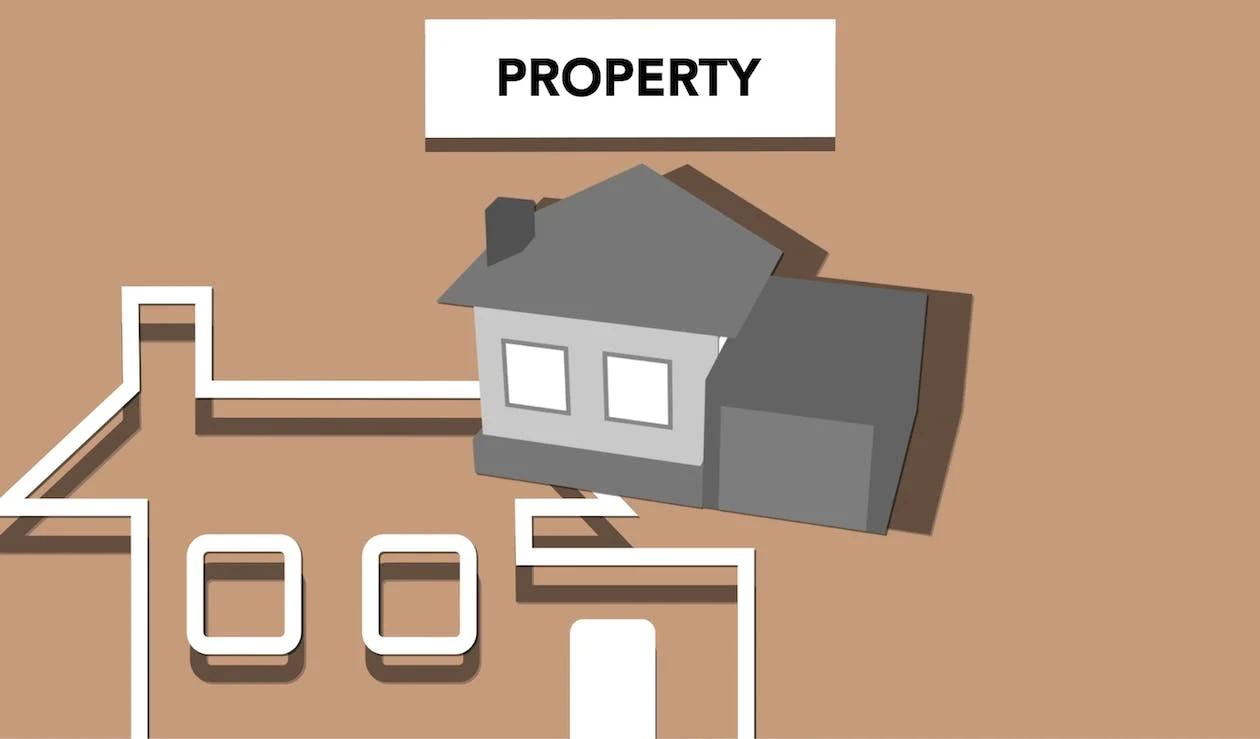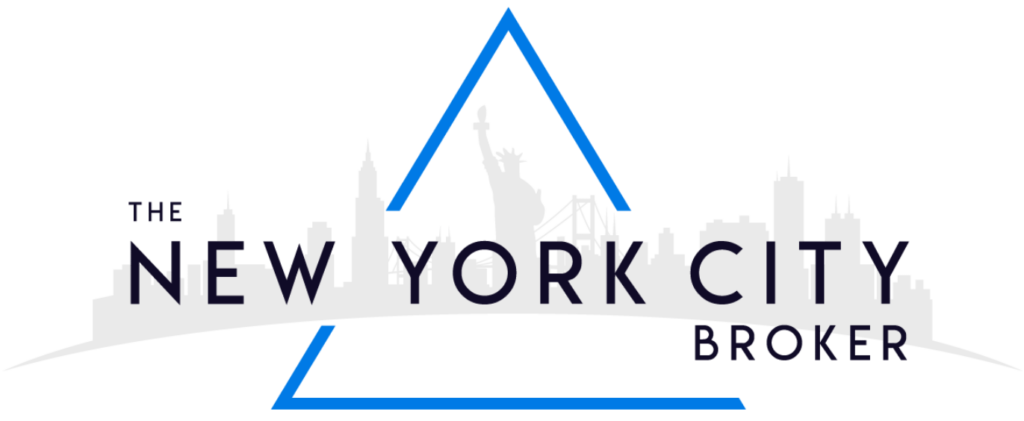Freelancing has become more mainstream in the past decade. There are about 1.3 million freelancers in New York alone. Roughly 45% of these freelancers make half of their yearly income with freelancing. Even though most people combine freelancing with other, more stable income sources, a significant number of people live entirely on freelance work. Freelancers now also make up a significant segment of the total buyer pool in New York, but they may still find it challenging to buy a co-op.
The Challenges Of Buying A Co-op As a Freelancer
Financial instability is one of the primary reasons potential buyers are rejected by co-op boards. Lack of post-closing liquidity and your mortgage plus maintenance exceeding 25% of the total monthly/yearly income can get an applicant rejected, though some co-ops have a more forgiving Debt-to-Income (DTI) – up to 30%. More stringent boards may have a DTI requirement of 18% or less.
The financial requirements of co-op boards are challenging for freelancers mainly because of an inconsistent income frequency. A freelancer may make enough money to be comfortably under the DTI requirement of the co-op board for some months, but for others, they may not generate enough income.
Another factor is the lack of understanding of your freelancing niche. They can’t be certain whether you will even have an active market to continue making money as a freelancer in the next couple of years. It’s virtually the same risk as a buyer losing their job, but traditionally, day jobs are considered far more stable than freelancing.
How To Improve Your Chances Of Being Approved By A Co-Op Board As A Freelancer?
- Improve your credit score. A good credit score can show the board that you are consistent with paying off any debt you incur and are on top of routine obligatory expenses like utility bills and set a good precedent for your co-op monthlies.
- Get pre-approved for a mortgage. The banks want to ensure your financial stability even more than your co-op boards because your monthly financial obligation towards the banks (mortgage payment) will likely be much more significant than your obligation towards the co-op (maintenance). If a bank is willing to give you a loan, the co-op board may take it as a good sign of your financial stability.
- Consider making a larger down payment to lower your monthly mortgage payments. This will give you more leeway in the DTI, even in the months when your freelancing income is typically low.
- The less debtyou carry, the better you might seem to a co-op board. If you have virtually no other debts besides your mortgage, you will prioritize your mortgage and monthly maintenance, which is a redeeming quality from a co-op board’s perspective.
- You should be willing to put at least a couple of years of maintenance charges in an escrow and should (ideally) have adequate liquidity. This will inspire confidence in the co-op boards that you have financial safety nets and can rely on them to meet your mortgage and monthly maintenance payments even if you don’t generate enough freelancing income.
Another option is to bypass the co-op board entirely by buying a sponsor unit, but they are relatively rare.















